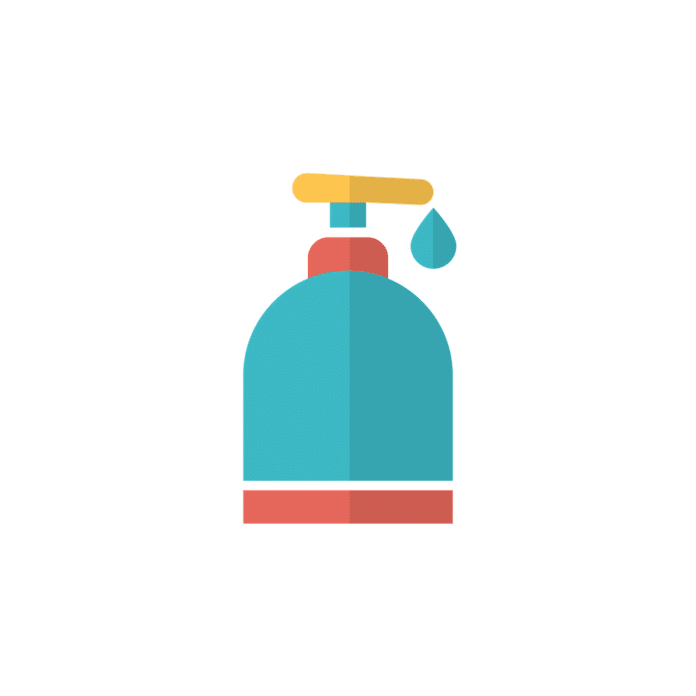Since the early days of the ongoing health crisis, there has been a flow of bogus products that claim they can treat or cure the coronavirus infection when in reality they provide no benefits and can instead lead to harmful effects on health, which is why the U.S. Food and Drug Administration has also issued warnings against the use of such items.
At the same time, a number of people have been promoting ‘natural’ and ‘DIY’ coronavirus remedies specifically on social media platforms that are unverified and do not have any scientific backing.
For instance, in the summer of the past year, many had started using ‘elderberry syrup’ to treat and coronavirus-related symptoms although there is no research to provide that it can help in any way.
In a similar way, specific mouthwashes and nasal rinses have been becoming popular for the prevention of coronavirus. Some of such items are just the usual mouthwashes used for oral hygiene and do not provide any benefits beyond what is already known.
RELATED: New Survey Shows More Americans Are Willing to Get Coronavirus Vaccine
While it is known that using mouthwash cannot prevent coronavirus infection, one study shows that an infected person using it on a daily basis can reduce the risk of transmission to an extent.
The study, which was conducted by researchers from Penn State University was based on finding affordable and over-the-counter products that can possibly help in cutting down the risk of catching the coronavirus.
The findings of the study, which were published in the Journal of Medical Virology, concluded that some nasal washes and mouthwashes can indeed help in reducing the chances of transmission merely by lowering coronaviruses present in the mouth or nasal cavity.
Previous research shows that the mouth and nose are both primary ways the novel coronavirus or SARS-CoV-2 gets into the body and infected a person.
If a person comes into contact with an infected surface or person but does not touch his face and washes hands, he or she will not be infected. Therefore, the hygiene of the mouth and nasal cavity is important.
However, the researchers also noted that not all mouthwashes and rinses work the same way or have the same effect on the virus.
Some items which are usually considered super strong due to a high percentage of hydrogen peroxide may actually not inactivate the coronavirus as other mouthwashes do.
So, further investigation is needed to know which ingredients in the washes do help in reducing the risk of the spread of the coronavirus.
Secondly, it should also be noted that the researchers tested the products on the virus in controlled lab conditions which means that results in everyday life may differ. Regardless, the results do not suggest people rely on rinses and washes to stop the transmission of coronavirus.
Instead, the researchers agree that people should continue to follow guidelines and take preventive measures to effectively cut down the risk of contracting the coronavirus as well as spreading it to other people.




